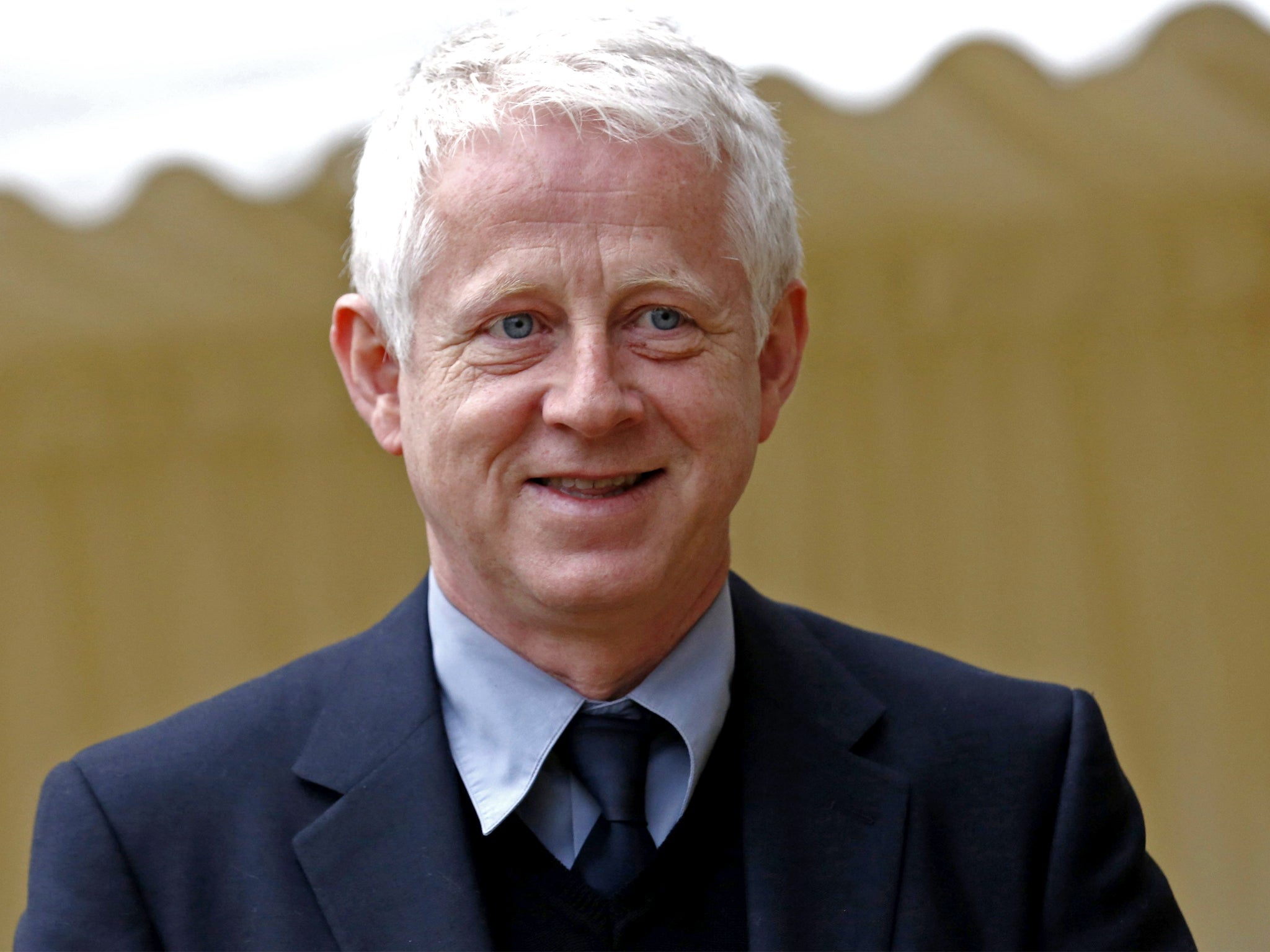Don't announce your retirement, Richard Curtis - it's far better to fade to black
All these smoke signals about retirement are tiresome. Is the whole of Britain meant to mount a campaign to make the director change his mind?

A while ago I went to the cinema to see Side Effects, which several reviews had informed me was director Steven Soderbergh’s final film before retiring. “This clever pharma-thriller would be a fitting sign-off,” ran the subhead in the Observer’s review (though, its writer Philip French injected a note of caution into this suggestion).
Soderbergh has been making noises about retirement since at least 2009, in which time he has made five films, so everyone is sceptical about his winding-up order. But still, part of me thought that if Side Effects did turn out to be his last film, it would be worth seeing in the cinema. I paid my money.
Then Cannes rolled around and Soderbergh strolled down the Croisette with Behind the Candelabra under his arm. Granted it was originally made for US TV, but with a cinema release elsewhere - essentially it’s a movie financed by HBO rather than a film production company (this is getting tiring). Either which way we did the rigmarole again: this was Soderbergh’s last, last movie. Until the next one; which might turn out to be a long-from TV serial, but wouldn’t exactly be far removed, especially in the era of simultaneous multi-platform releases.
Now everyone’s jumping on board the “Oh, I might retire” bandwagon. “This probably will be the last film I will direct,” Richard Curtis just told Empire magazine about his forthcoming time-travel based rom com, About Time. Kevin Smith, we hear, is also planning his retirement, culminating with a third and final instalment of his Clerks series which is due to go into production in 2014. Apparently he’s going to squeeze in a film a based on ad placed on Gumtree by a Brighton resident looking for a walrus inclined lodger too. But then, seriously guys, that’s it.
Quentin Tarantino has also hinted he might call it quits - when he gets to his tenth film. He’s on eight now. In 2003 he said he might give it all up when he’s in his early 50s - he’s 50 now.
All these smoke signals about retirement are tiresome. Is the whole of Britain meant to mount a campaign to make Richard Curtis change his mind (with a wraparound cover from the Sun)? Or should we all chip in for a farewell oversized-card-slash-token-present, get Darren from accounts to make an awkward speech and then all head to pub for a few lager tops?
Curtis bowing out of film directing would not exactly be a tragedy. As a writer he has done some wonderful work (Four Weddings still stands up) but as a director it’s a straight-up dud-fest. Love Actually is among the worst films I’ve ever paid to see. I could only manage ten minutes of The Boat That Rocked before changing the channel, and the trailer for his latest suggests very bad things indeed.
Kevin Smith’s reasoning for moving on is at least reasonable. “In the last few years,” he wrote on his blog, “I’ve been trying to leave film behind because it’s such a s-l-o-w and expensive medium. Art is in the realm of the quick: creativity is fleeting and fast.”
Still, I’d prefer it if directors made their films, sent them on their way and had done with it. Save us the false pronouncements that you might have to reverse in two, five or 10 years. A grand declaration of retirement means nothing; it has no edge to it. You say you’re done, it gets some headlines and people move on to the next retiree. No one is going to hold you to it if you later decide to go back to filmmaking. Sorry Kevin, back in 2014 you retired so now, five years on, we can’t just let you go back on all of that and make Jersey Girl II.
“Last-film” declarations are not, it turns out, a contemporary phenomenon. Orson Welles is among past greats who have said they were calling it a day at various points only to go on directing.
Making films is a difficult, slow, fickle and expensive process. For directors, the sense of an ending must be ever present. Ingmar Bergen once addressed the issue:
“I do not know when the day might come that I shall be received indifferently by the public, perhaps be disgusted with myself. Tiredness and emptiness will descend upon me like a dirty grey sack and fear will stifle everything. Emptiness will stare me in the face. When this happens I shall put down my tools and leave the scene, of my own free will, without bitterness and without brooding whether or not the work has been useful and truthful from the viewpoint of eternity. Wise and far-sighted men in the Middle Ages used to spend nights in their coffins in order never to forget the tremendous importance of every moment and the transient nature of life itself. Without taking such drastic and uncomfortable measures I harden myself to the seeming futility and the fickle cruelty of film-making with the earnest conviction that each film is my last.”
He made that speech in 1959. He was still in his director’s chair over 40 years later.
Make each film as if it’s your last, certainly. Just don’t tell us about it. We’ll figure out the ending. Fade to black.
Join our commenting forum
Join thought-provoking conversations, follow other Independent readers and see their replies
Comments
Bookmark popover
Removed from bookmarks